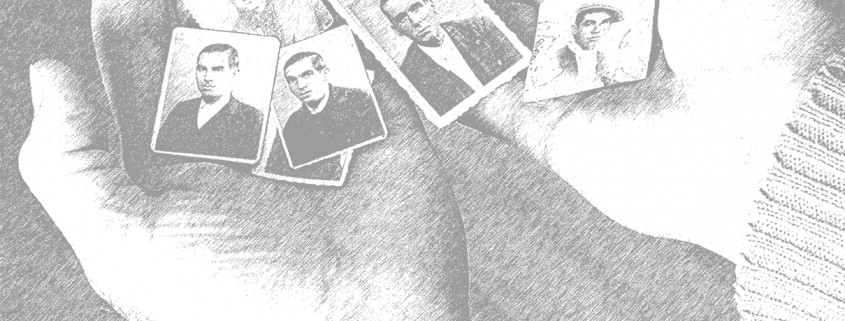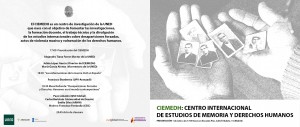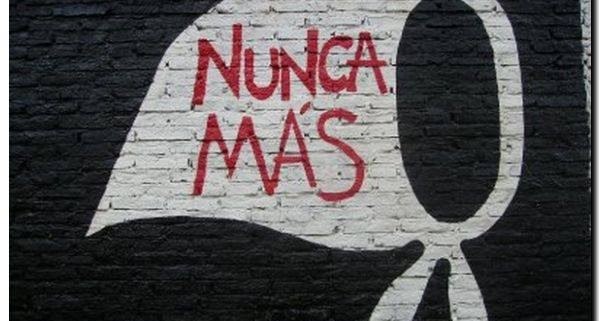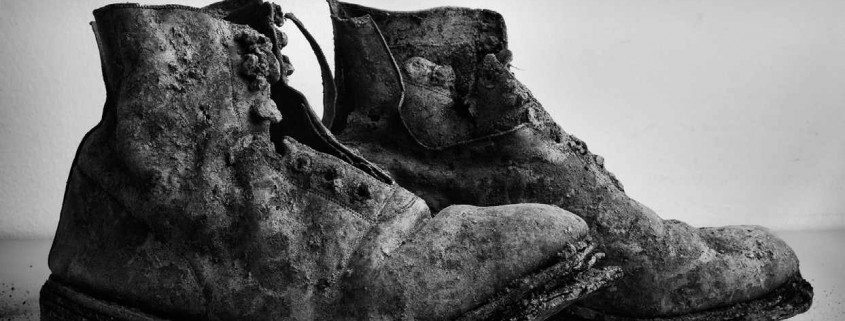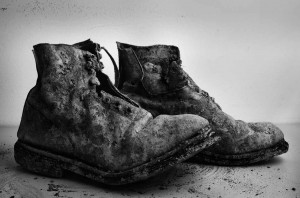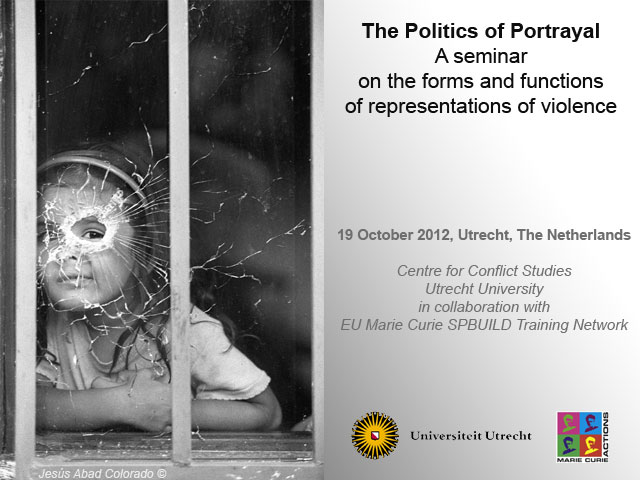Political and Social Violence in Postwar Europe. Outcomes and Research Perspectives
Deadline: January, 10, 2013
The research group of: “Political and Social Violence in Postwar Europe. Outcomes and Research Perspectives” is organizing four workshops in spring 2013, autumn 2013, spring 2014 and autumn 2014. The workshops will be held at the Istituto storico della Resistenza in Toscana di Firenze (Isrt), at the Istituto per la Storia della Resistenza e della Società contemporanea in provincia di Reggio Emilia (Istoreco) and at the Università degli Studi della Tuscia (Viterbo).
We are interested in political and social violence in Europe after 1945, particularly in Italy, Spain and Germany from a comparative perspective. These three countries experienced similar episodes of political violence just after the Second World War, despite juridical, economic and political differences. The violence occurred both from above (“institutional violence”) and from below (“popular violence”). Examples of “institutional violence” include the preventive detention or administrative detention with no due process for suspected former Nazis in Germany after 1945; or some exceptional Italian laws for special courts with reduced guarantees for the accused to punish fascist crimes. Examples of “popular violence” include operations of former partisans in Italy or the anti-Franco guerrilla resistance in Spain. At the same time, due to conditions of poverty and hunger, social violence unconnected to political claims emerged. Since the border between political and social violence was often undefined it can be difficult to distinguish these two categories.
Forms of violence, occurring in the three countries until the end of the 1940’s, were strictly connected to World War II, but some historical continuities can be observed both in the period before World War II and the post-war decades.
The workshops will be on the following fields of study:
1. Introduction to the issue of the political and social violence in the immediate aftermath of WWII through historiographic questions, debates on the topic, new interpretive approaches and methodological hypothesis.
2. Political and social violence after 1945 in Western Europe: national case studies.
3. The Politics of Punishment: judicial and private uses of violence.
4. Continuities during the second half of the 20th Century in Italy and Europe: management of the public order, practices, language and symbolism of the political and social conflicts.
We seek to develop a team of scholars that can report on the studies about violence after the Second World War in Western Europe (we will also accept proposal about other national case in addition to the three considered). Each scholar will be required to discuss a paper within a workshop and is encouraged to attend the other three. To maximize time for discussion, papers will be circulated in advance to the participants (presenters and discussants).
We particularly welcome the involvement of both established and junior scholars, Post-Doc students and PhD students. We encourage papers on national/local studies and on new interpretative and methodological hypotheses in a comparative perspective.
To be considered for the workshops, please submit a 300-word abstract of your proposed paper, in English or Italian, as well as a brief CV by 10 January 2013 to seminarioviolenza@gmail.com
Successful applicants will be notified by the end of January.
We may be able to assist presenters by partly covering the cost of travel and accommodation.
Scientific Committee: Enrico Acciai (coordinator), Guido Panvini, Camilla Poesio (coordinator), Toni Rovatti.

